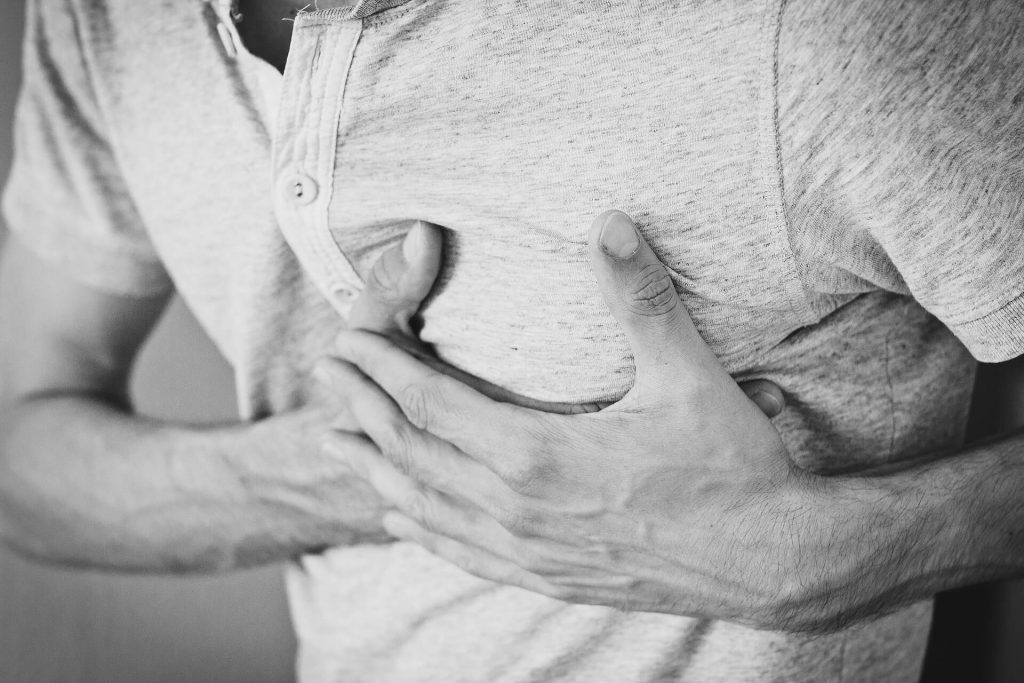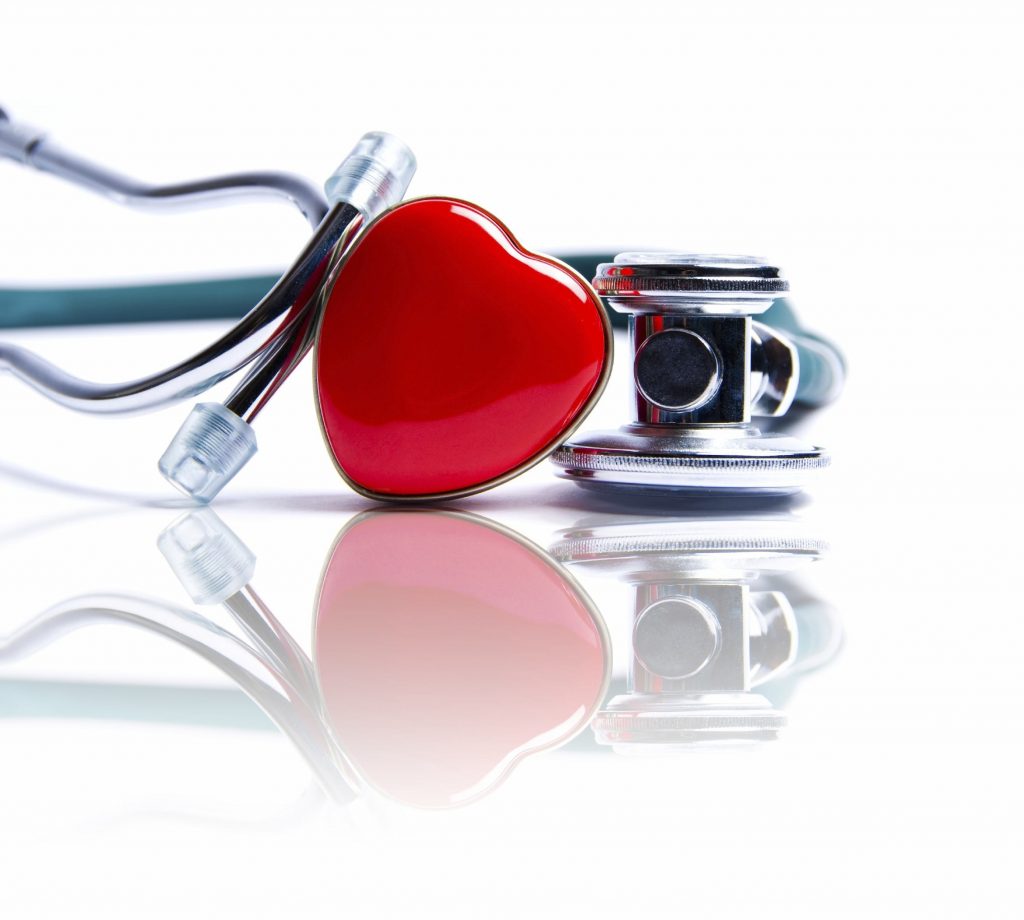Is Sudden Cardiac Arrest Really as sudden as it seems?
Sudden Cardiac Arrest or SCA is a leading cause of deaths worldwide, killing as many as 325,000 people just in the US annually and is responsible for half of all deaths caused by heart diseases. These statistics are crazy, yet not many people are well aware of it, even though it is killing so many of us. A lot of people throw away terms like heart attack and SCA generally or use them interchangeably which is the biggest misconception about SCA. It’s different from what myocardial infarction or more commonly known as heart attack is.
So what is SCA? Is it as unanticipated as its name suggests? What are the causes leading up to it? What do you do when you have one? Let’s try to understand it a bit.

What it is
Sudden Cardiac Arrest or SCA is a problem with your heart’s electrical conduction. What actually happens during sudden cardiac arrest is that due to an electrical malfunction, our heartbeat becomes irregular (known as arrhythmia) which in turn disturbs the pumping ability of the heart. Therefore, the heart is no longer able to pump blood to its vital organs like the brain, lungs, etc. Within a matter of seconds, the person suffering from it loses consciousness and their pulse stops. SCA, if not treated in minutes, leads to death.
In contrast to this, a heart attack occurs when oxygen-rich blood flow is prevented to the heart due to a blocked artery. The blocked artery needs to be reopened at the earliest. If not, then the section of heart not receiving the oxygen-rich blood becomes malnourished and starts to die. The longer the artery is left like that, the greater is the damaged caused by it.
Is there a link between the two?
There is a slight link between the two. Heart attacks tend to increase one’s risk of suffering from a sudden cardiac arrest. Not all heart attacks lead to SCA; however, if SCA occurs heart attack is a common factor contributing to it. Furthermore, sudden cardiac arrest may occur after or while recovering from a heart attack.
Symptoms of Sudden Cardiac Arrest
In some cases, there aren’t a lot of symptoms of SCA; however, a racing heartbeat, dizziness or lightheadedness are commonly observed before SCA, indicating a disturbed heart rhythm. Usually, the first symptom is fainting or lack of any pulse. Furthermore, some people have reported chest pains, nausea, and shortness of breath prior to having a sudden cardiac arrest.
The question which arises, however, is whether or not there is any long term reason leading up to Sudden Cardiac Arrest. The truth is that there are some people more at risk of it than others. To some, it may be absolutely new whereas some people may have a genetic history of it.
Causes
All in all, sudden cardiac arrest can be due to many reasons. Let’s take a look at a few of its risk factors.
• History of suffering from a heart attack
About 75% percent of SCA cases are attributed to the patient’s history of suffering from a heart attack. The patients are likely to suffer from SCA during the first 6 months of recovery from a heart attack.
• Arrhythmia
A common type of arrhythmia is v-fib or ventricular fibrillation; this condition is basically characterized by disorganized, erratic conduction of impulse.
Other causes include:
- Coronary Heart Disease
- Family history of sudden cardiac arrest
- Family history of arrhythmia or conditions such as long QT syndrome etc
- Dilated Cardiomyopathy ( characterized by the decreased ability of the heart to pump blood due to enlarged or dilated ventricle)
- Obesity
- Diabetes
- Recreational drug abuse
- History of syncope (fainting episodes without any known cause)

Can SCA be prevented?
If you’ve had an episode of SCA, then research shows you are at a higher risk of having another one. ICD or implantable cardioverter defibrillator is a device surgically placed under the skin of your chest or abdomen to monitor your heartbeat. It has wires with electrodes at its end to connect it to your heart’s chambers. Now its course of action is to give you an electric shock if it detects a dangerous heart rhythm.
Generally, if you’ve never had sudden cardiac arrest before nor have any known history of heart disease, you can do some things to keep it at bay. If you suffer from any of the risk factors contributing to SCA, making routine visits to your doctor and maintaining a healthy lifestyle could make a world of difference for you. Here are a few things you can do:
- Try to have a heart-healthy diet
- Try to achieve a healthy weight
- Working out or physical activity always can help your heart stay healthy
- It’s important to manage your stress
- Quitting smoking is important to have a healthy heart

What to do at the time of having an episode of sudden cardiac arrest?
It’s very much of an emergency situation and needs to be taken care of immediately. Your first mode of action should be to call for medical services or 911. Furthermore, if a person is suffering from SCA, he needs to be treated with a defibrillator right away. The device sends your heart an electric shock which restores your normal heartbeat.
Providing CPR immediately is another way of saving someone’s life from sudden cardiac arrest. The first few minutes are all you have to help someone from dying because sudden cardiac arrest is that serious; it tends to cause death if left untreated immediately. It’s a very useful skill to learn how to perform hands-only CPR because it could double the person’s risk of survival.
SCA is a deadly condition from which millions suffer all over the world annually. Fainting may be attributed to other diseases, but one should always keep the risk of sudden cardiac arrest in mind and hurry to take action on it. Checking the person’s pulse could potentially tell you whether or not they are having a sudden cardiac arrest. Never take symptoms as such for granted as they could potentially be lethal. Stay healthy!





